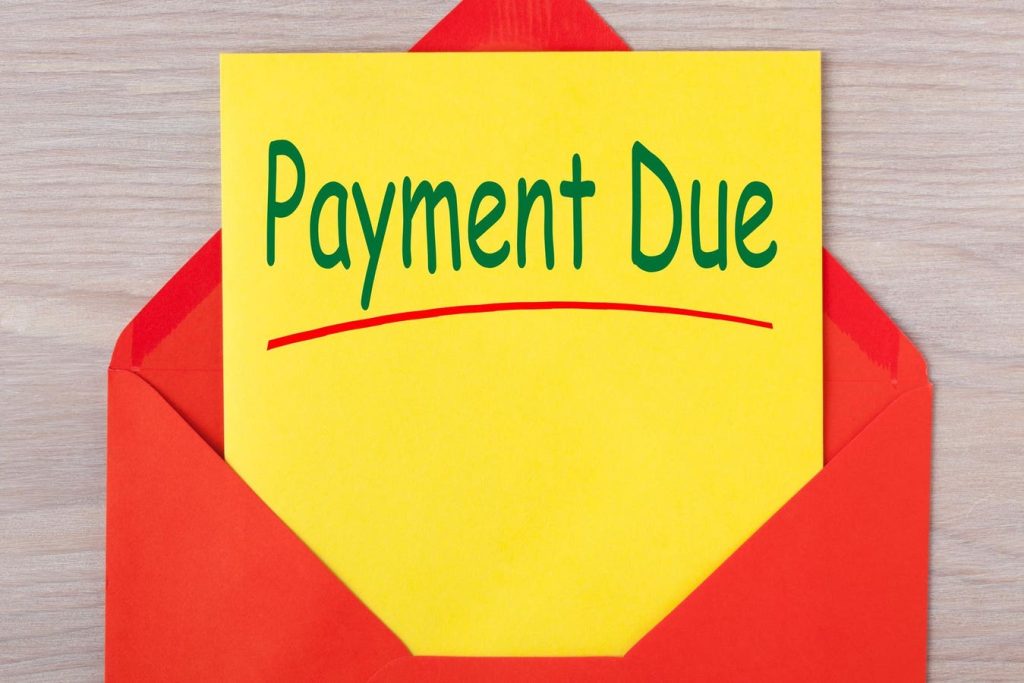The pervasive issue of late payments casts a long shadow over the European business landscape, disproportionately affecting small and medium-sized enterprises (SMEs) that constitute the backbone of the EU economy. Delayed payments disrupt the delicate balance of cash flow, leading to liquidity shortages that hinder daily operations, stifle growth prospects, and restrict investments in innovation and expansion. Forced to rely on expensive loans to cover operational expenses, these businesses face a double burden, further eroding their profitability and competitiveness. The European Commission estimates that late payments contribute to a quarter of SME bankruptcies, underscoring the critical need for effective measures to address this systemic problem and foster a more stable and resilient business environment.
The European Union’s 2011 Late Payment Directive represented a significant step towards tackling this challenge. By establishing maximum payment terms of 30 days for public authorities and 60 days for business-to-business transactions (with exceptions for expressly agreed-upon longer terms that are not deemed grossly unfair), the directive aimed to instill greater discipline in payment practices. It also empowered creditors by granting them the right to automatic interest on late payments, eliminating the need for reminders, and providing for compensation for recovery costs. However, despite these advancements, the directive has not fully eradicated the problem of late payments due to ambiguities in its definitions, insufficient enforcement mechanisms, and a lack of preventative measures.
The ambiguity surrounding the definition of “grossly unfair” payment terms has created a grey area that allows some businesses to exploit loopholes and circumvent the intended spirit of the directive. Furthermore, inconsistent enforcement across member states has weakened the directive’s overall impact. Without robust mechanisms to monitor compliance and penalize violations, the directive lacks the teeth necessary to deter persistent late payers. Finally, the absence of preventative measures, such as mandatory reporting of payment practices, has limited the ability to identify and address systemic issues before they escalate into widespread late payment problems.
Recognizing these limitations, the European Commission proposed a new regulation in 2023, aiming to strengthen the existing framework. The proposed regulation sought to establish a uniform 30-day payment term for all transactions, eliminate exceptions for extended payment periods, and introduce national enforcement authorities to ensure compliance. Despite the Commission’s projection of a 35% reduction in late payments, the proposed regulation faced significant opposition from stakeholders concerned about its potential impact on contractual freedom and its one-size-fits-all approach that failed to acknowledge the nuances of different industries. Consequently, the regulation was withdrawn in 2024, underscoring the complexity of finding a balanced solution that addresses the needs of both creditors and debtors.
Amidst this ongoing debate, the adoption of electronic invoicing (e-invoicing) has emerged as a promising tool for enhancing payment efficiency and mitigating late payments. By digitizing the invoicing process, e-invoicing streamlines workflows, reduces errors, and facilitates faster payment processing. It addresses both buyer-driven delays, often caused by inefficient internal processes, and seller-related invoicing errors that lead to disputes and corrections. Studies have shown that e-invoicing can accelerate payment timelines by several days compared to traditional paper-based methods. By ensuring prompt delivery, integrating with enterprise resource planning systems, and utilizing standardized formats, e-invoicing minimizes manual intervention, reduces discrepancies, and promotes faster invoice approvals.
While e-invoicing offers significant benefits, it is not a panacea for all late payment issues. It primarily addresses operational inefficiencies and technical barriers, but it does not inherently alter the behavior of businesses that deliberately delay payments as a strategic practice. Such deliberate delays often stem from imbalances in bargaining power, allowing larger companies to leverage their position to extend payment terms and improve their own cash flow at the expense of smaller suppliers. Therefore, regulatory frameworks remain essential to address these deliberate payment delays and ensure compliance with agreed-upon terms. E-invoicing serves as a powerful complement to regulatory measures, but it cannot replace the need for robust legal frameworks and enforcement mechanisms.
Moving forward, a comprehensive approach to tackling late payments requires a multi-faceted strategy that combines regulatory initiatives with the promotion of e-invoicing. Regulatory frameworks must strike a balance between holding buyers accountable for adhering to payment terms and providing suppliers with the flexibility to negotiate payment arrangements that align with their cash flow needs. Simultaneously, fostering wider adoption of e-invoicing, particularly among SMEs, is crucial. Addressing the barriers to adoption, such as cost and technical expertise, through targeted government incentives and support programs can help level the playing field and empower smaller businesses to benefit from the efficiencies of digital invoicing. This dual approach, combining robust regulation with the widespread adoption of e-invoicing, offers the most promising path towards mitigating the pervasive problem of late payments and creating a fairer and more sustainable business environment within the European Union.










